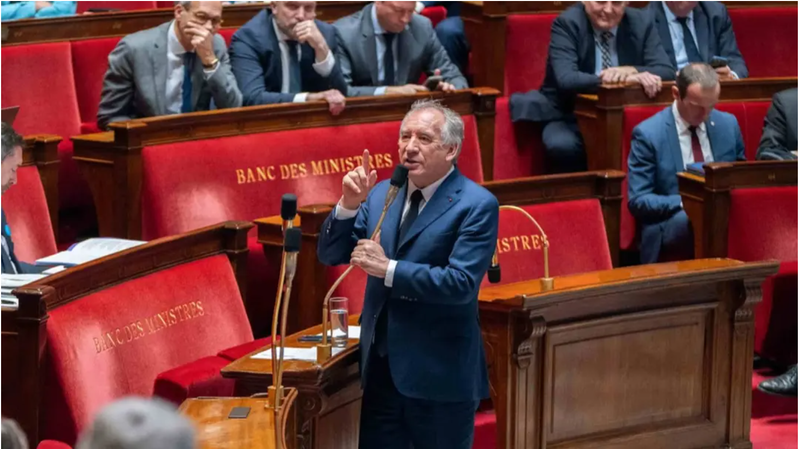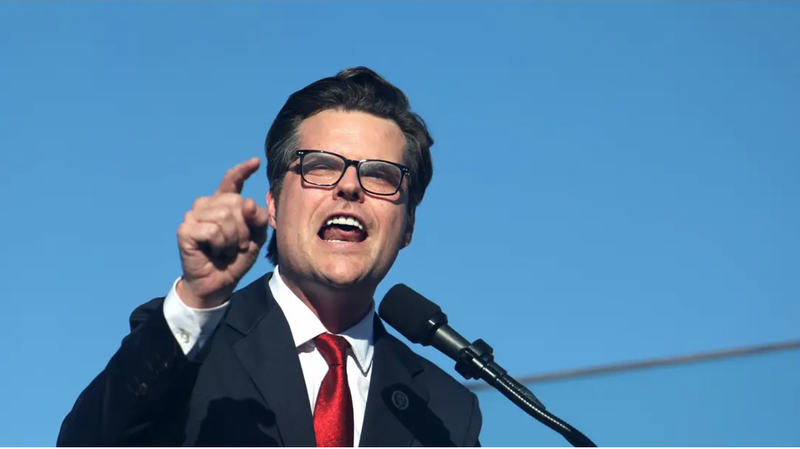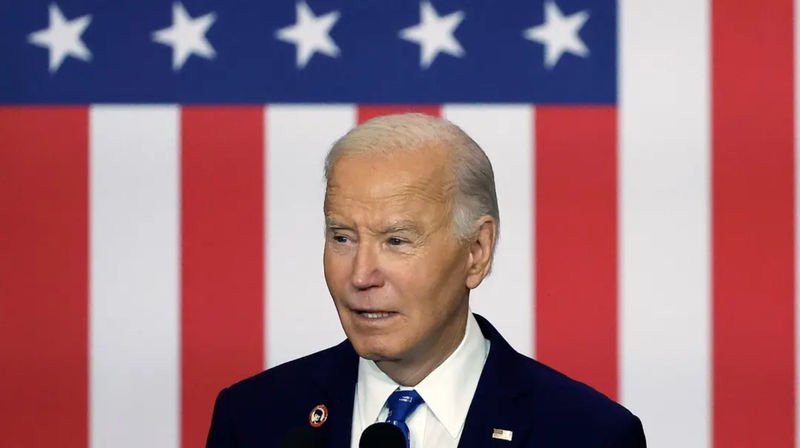Germany Faces Snap Election as Coalition Govt Collapses
Friedrich Merz, leader of Germany's opposition Christian Democratic Union party, called for an immediate no-confidence vote on Thursday, a day after Chancellor Olaf Scholz sacked the head of the Free Democratic Party (FDP) and Finance Minister Christian Lindner....
0:00
/1861
Facts
- Friedrich Merz, leader of Germany's opposition Christian Democratic Union party, called for an immediate no-confidence vote on Thursday, a day after Chancellor Olaf Scholz sacked the head of the Free Democratic Party (FDP) and Finance Minister Christian Lindner.[1]
- Amid budget disagreements, Scholz said on Wednesday that Lindner had 'broken my trust too often' and shown 'no willingness to implement the offer for the good of our country.' Meanwhile, Lindner accused Scholz of playing down 'the economic concerns of the citizens.'[2][3]
- Hours after Lindner's sacking, the FDP ejected from the three-way ruling coalition. Scholz now heads a minority government with the Greens, while Jörg Kukies has been appointed as Germany's new finance minister.[4][5]
- In a statement following the collapse of Germany's coalition government, Scholz said he would seek a vote of confidence on Jan. 15 and, depending on its outcome, conduct snap elections in March — six months ahead of elections originally scheduled for September.[6][7]
- However, Merz, leader of the opposition conservatives who are leading in nationwide polls, rejected Scholz's plan and called for a vote of confidence 'at the latest by the beginning of next week.'[8][9]
- Germany's economy, which faced a slump last year with a 0.3% decline in gross domestic product, is expected to shrink by 0.2% in 2024 — a sharp downgrade from the 0.3% expansion previously forecast.[10]
Sources: [1]POLITICO, [2]Associated Press (a), [3]NPR Online News, [4]CNBC, [5]Newsweek, [6]Guardian, [7]BBC News, [8]Associated Press (b), [9]Reuters and [10]Euronews.
Narratives
- Narrative A, as provided by FT. Scholz's brand of selfishness is utterly incomprehensible. Germany can't afford a months-long political deadlock. With a flatlining economy, shortage of skilled labor, aging infrastructure, and an unprepared military, Germans need a stable, responsible, and decisive government — one that has a majority in the Bundestag and can act quickly.
- Narrative B, as provided by NPR Online News and Fortune Europe. Scholz would have liked to have spared Germans this difficult situation, but he was compelled to sack Lindner to prevent damage to the country. Given the surge in support for fringe parties in recent regional polls, an immediate election would throw Europe's largest economy into a prolonged period of uncertainty.







